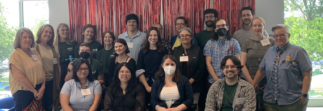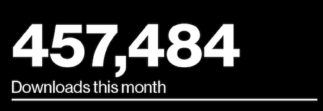This post was updated on Nov. 16.
Textbooks are a source of particular frustration to students, faculty, and librarians in a remote teaching environment. Many textbook publishers, such as Pearson, Cengage, and McGraw Hill, do not make electronic copies of their textbooks available for libraries to purchase, regardless of price. The textbook market is structured around sales to individuals, and the nature of ebook licensing excludes libraries from the digital marketplace. At the same time, textbook costs can be a concern for many students, and the remote environment means that those students cannot rely on the Libraries’ physical copies of the books to meet this need.
Part of this difficulty is that different rules apply to how libraries can share physical and electronic items. Given the nature of digital content (where making copies is much easier and often necessary to provide access), libraries frequently do not actually “own” electronic items, but rather have to pay to license access to them. These licenses include details and terms that are often more restrictive than for owned items. In addition, many textbook publishers will simply refuse to allow libraries to license their content. They can’t prevent us from buying print books, but unfortunately, they can prevent us from being able to provide ebooks.
Library staff are ready to help MIT students and faculty navigate these challenges. The FAQs linked below provide more information about remote access to textbooks and other materials required for MIT classes. Please don’t hesitate to ask us for assistance with accessing specific resources or finding alternatives.
See our Frequently Asked Questions


